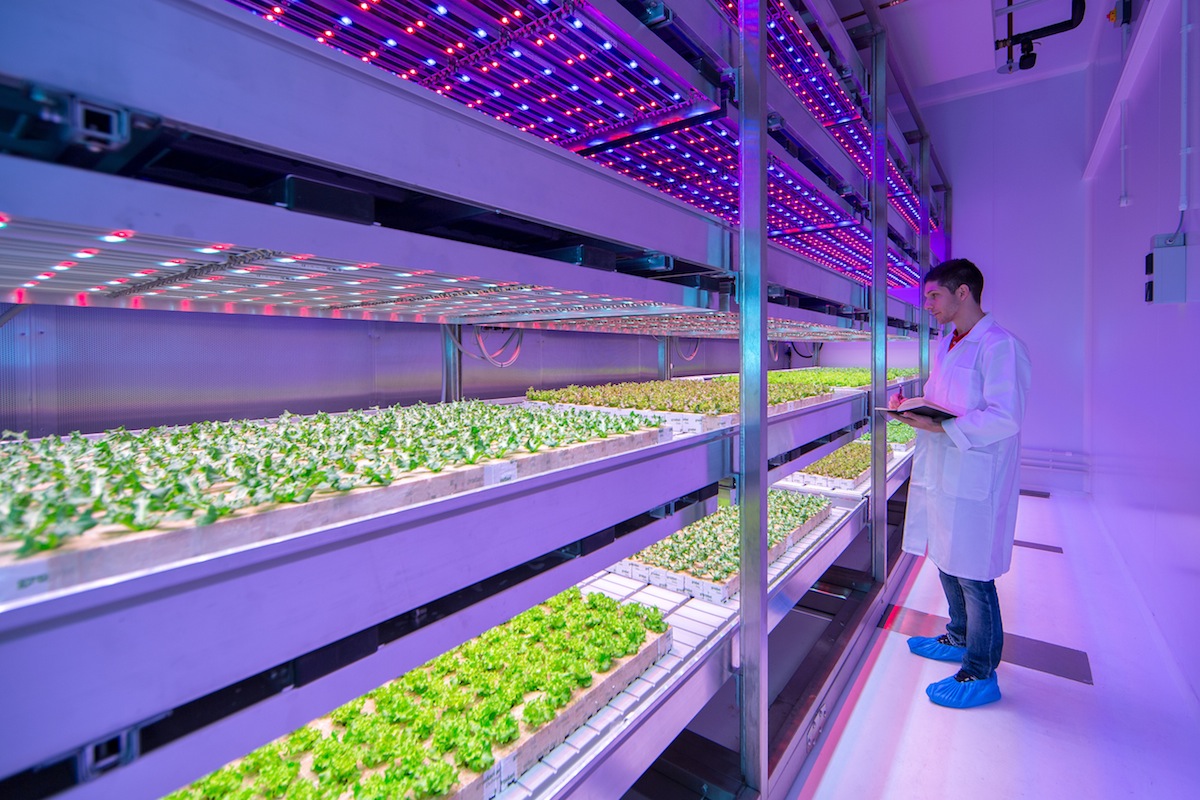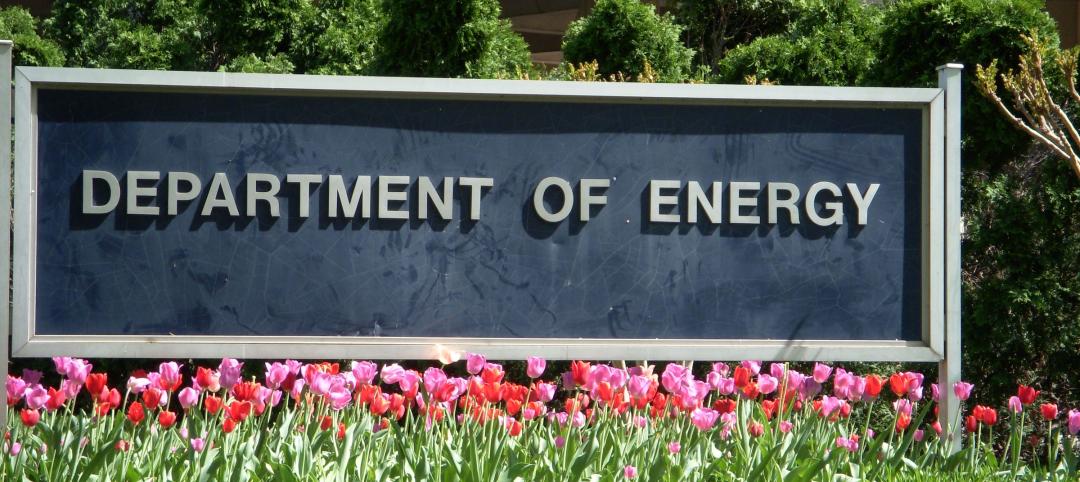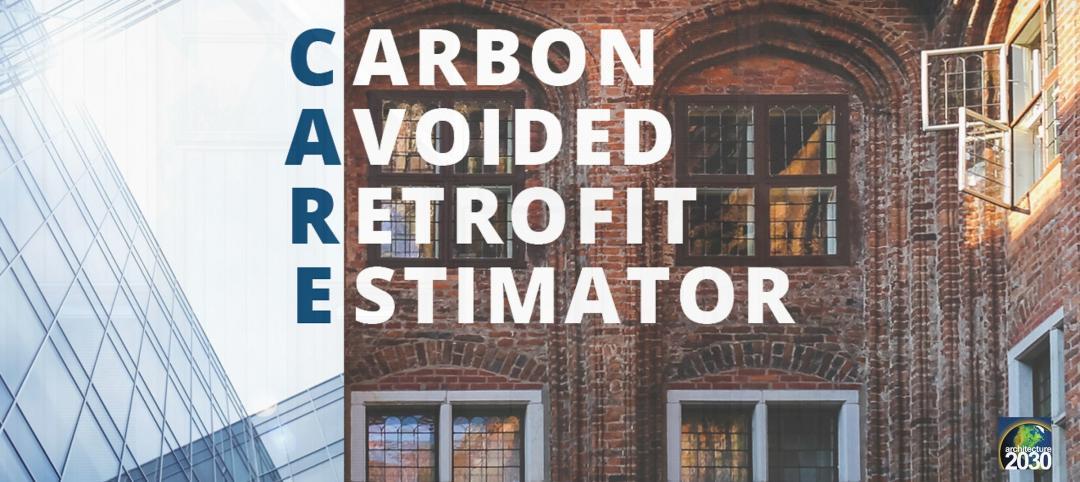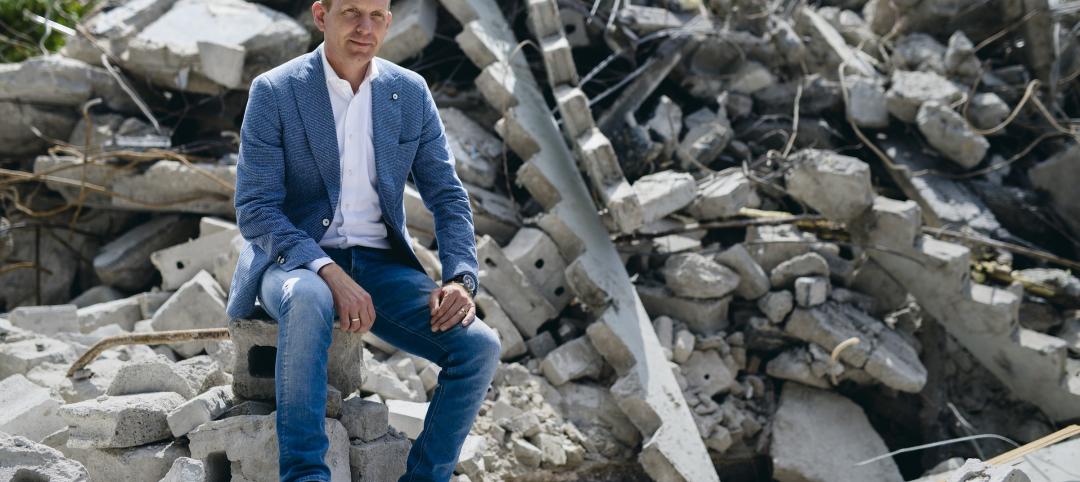Royal Philips, the global lighting supplier, has opened a 234-sm (2,519-sf) facility at the High-Tech Campus in Eindhoven, The Netherlands, which is conducting research with the goal of providing growers of fruits, vegetables, and herbs with LED light growing solutions. Other areas of research will focus on ways to grow more carbohydrate-rich crops, such as potatoes and wheat, indoors.
The facility, known as the Philips GrowWise City Farming research centre, uses connected LED systems that are customizable, allowing for the development of “growth recipes” tailored to each crop variety or a producer’s requirement, reports Inhabitat.
“Our aim is to develop the technology that makes it possible to grow tasty, healthy, and sustainable food virtually anywhere,” says Gus van der Feltz, Philips’ Global Director of City Farming. “The research we are undertaking will enable local food production on a global scale, reducing waste, limiting food miles, and using practically no land or water.”
Philips’ team has been able to change the shape, size, productivity and even oil content of many leafy greens and herbs. And because the plants can be stacked in layers, each with its own lighting system, sizable quantities of food can be grown in relatively small spaces.
The research center, one of the largest of its kind in the world, features four-layered mechanized planting racks in each of its eight climate rooms.
Philips’ team has been able to change the shape, size, productivity and even oil content of many leafy greens and herbs. And because the plants can be stacked in layers, each with its own lighting system, sizable quantities of food can be grown in relatively small spaces.
One of Philips’ partners churns out 900 pots of basil per year from one square meter of floor space. And with the cells being sealed and managed under strict hygienic protocol, the need for pesticides and chlorine washing can be significantly reduced, if not eliminated.
Philips, which has been active in horticultural lighting since 1936, has equipped several city farms, including GreenSense in Chicago. (Watch a short YouTube video to see what one of these farms looks like by clicking here.)
The company is hoping that its research facility will unleash lighting and technology innovations that, according to its press release, “will bring farm and fork within a few miles of each other,” and provide year-round growing solutions.
Royal Philips is launching this research center at a time when the world’s food supply is under increasing duress. The United Nations forecasts that by 2050, the world’s population will increase by 2.3 billion people, and that two-thirds of the total population will be living in cities.
In addition, 80% of the world’s arable land is already in use, a good part of which is struggling because of water shortages.
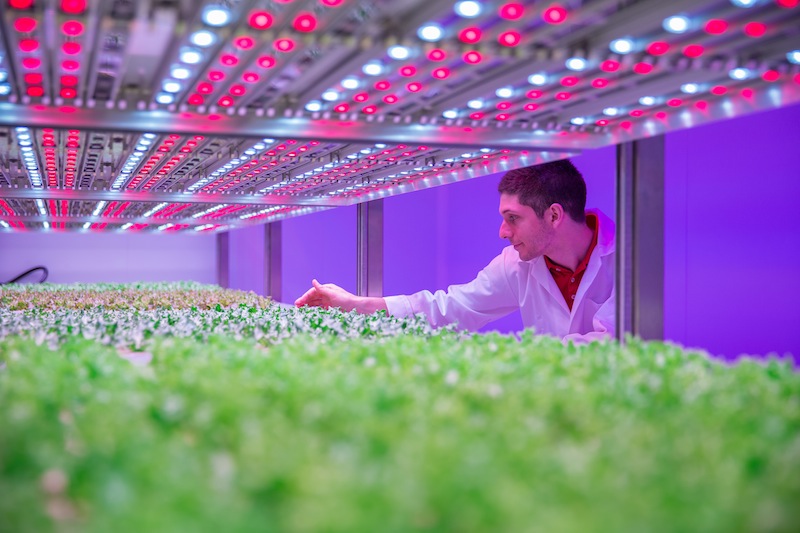
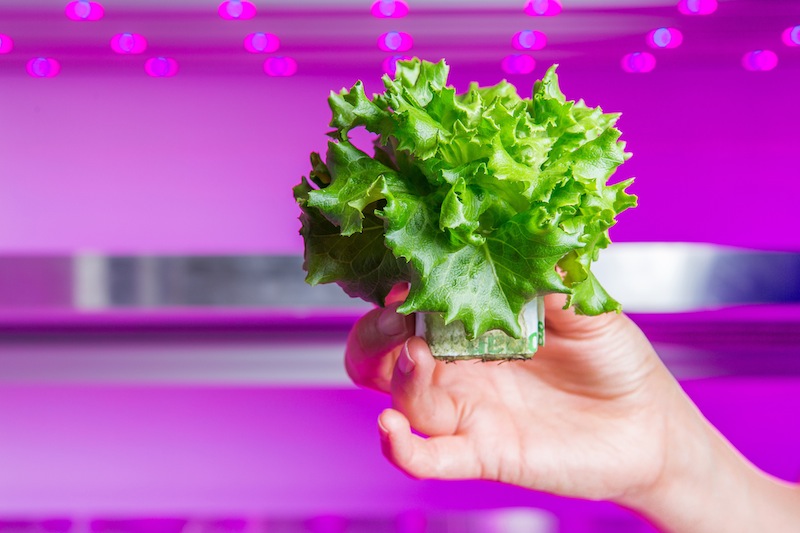
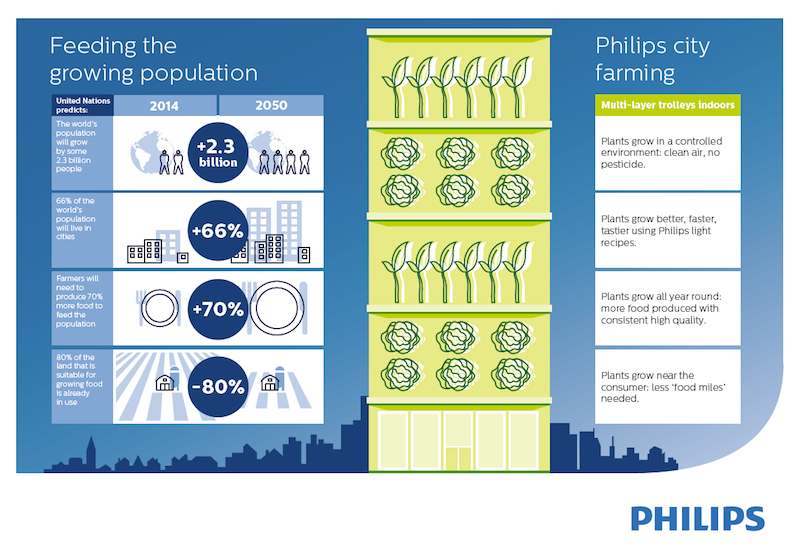
Related Stories
Multifamily Housing | Mar 24, 2023
Momentum building for green retrofits in New York City co-ops, condos
Many New York City co-op and condo boards had been resistant to the idea of approving green retrofits and energy-efficiency upgrades, but that reluctance might be in retreat.
Geothermal Technology | Mar 22, 2023
Lendlease secures grants for New York’s largest geothermal residential building
Lendlease and joint venture partner Aware Super, one of Australia’s largest superannuation funds, have acquired $4 million in support from the New York State Energy Research and Development Authority to build a geoexchange system at 1 Java Street in Brooklyn. Once completed, the all-electric property will be the largest residential project in New York State to use a geothermal heat exchange system.
Sustainability | Mar 16, 2023
Lack of standards for carbon accounting hamper emissions reduction
A lack of universally accepted standards for collecting, managing, and storing greenhouse gas emissions data (i.e., carbon accounting) is holding back carbon reduction efforts, according to an essay published by the Rocky Mountain Institute.
Green Renovation | Mar 5, 2023
Dept. of Energy offers $22 million for energy efficiency and building electrification upgrades
The Buildings Upgrade Prize (Buildings UP) sponsored by the U.S. Department of Energy is offering more than $22 million in cash prizes and technical assistance to teams across America. Prize recipients will be selected based on their ideas to accelerate widespread, equitable energy efficiency and building electrification upgrades.
AEC Innovators | Mar 3, 2023
Meet BD+C's 2023 AEC Innovators
More than ever, AEC firms and their suppliers are wedding innovation with corporate responsibility. How they are addressing climate change usually gets the headlines. But as the following articles in our AEC Innovators package chronicle, companies are attempting to make an impact as well on the integrity of their supply chains, the reduction of construction waste, and answering calls for more affordable housing and homeless shelters. As often as not, these companies are partnering with municipalities and nonprofit interest groups to help guide their production.
Multifamily Housing | Mar 1, 2023
Multifamily construction startup Cassette takes a different approach to modular building
Prefabricated modular design and construction have made notable inroads into such sectors as industrial, residential, hospitality and, more recently, office and healthcare. But Dafna Kaplan thinks that what’s held back the modular building industry from even greater market penetration has been suppliers’ insistence that they do everything: design, manufacture, logistics, land prep, assembly, even onsite construction. Kaplan is CEO and Founder of Cassette, a Los Angeles-based modular building startup.
Sustainable Design and Construction | Feb 28, 2023
Architecture 2030 launches free carbon calculator for retrofit projects
Architecture 2030’s Carbon Avoided Retrofit Estimator (CARE) tool allows project teams and building owners to accurately quantify the carbon “savings” in retrofit or reuse projects versus new construction.
AEC Innovators | Feb 28, 2023
Meet the 'urban miner' who is rethinking how we deconstruct and reuse buildings
New Horizon Urban Mining, a demolition firm in the Netherlands, has hitched its business model to construction materials recycling. It's plan: deconstruct buildings and infrastructure and sell the building products for reuse in new construction. New Horizon and its Founder Michel Baars have been named 2023 AEC Innovators by Building Design+Construction editors.
Senior Living Design | Feb 15, 2023
Passive House affordable senior housing project opens in Boston
Work on Phase Three C of The Anne M. Lynch Homes at Old Colony, a 55-apartment midrise building in Boston that stands out for its use of Passive House design principles, was recently completed. Designed by The Architectural Team (TAT), the four-story structure was informed throughout by Passive House principles and standards.
Sustainability | Feb 9, 2023
New guide for planning, designing, and operating onsite water reuse systems
The Pacific Institute, a global nonpartisan water think tank, has released guidance for developers to plan, design, and operate onsite water reuse systems. The Guide for Developing Onsite Water Systems to Support Regional Water Resilience advances circular, localized approaches to managing water that reduce a site’s water footprint, improve its resilience to water shortage or other disruptions, and provide benefits for local communities and regional water systems.


